In less than 24 hours, two championship assets were sold.
The Celtics' primary focus during the offseason was to offload the contracts of Holiday and Porzingis, and Stevens showcased that this could be achieved in less than 24 hours.
Yesterday afternoon, the Celtics traded Holiday to the Trail Blazers for Simons and two second-round picks. At first, I mistakenly thought the Celtics were sending away two second-round picks, but I soon realized they were the ones acquiring two second-round picks.
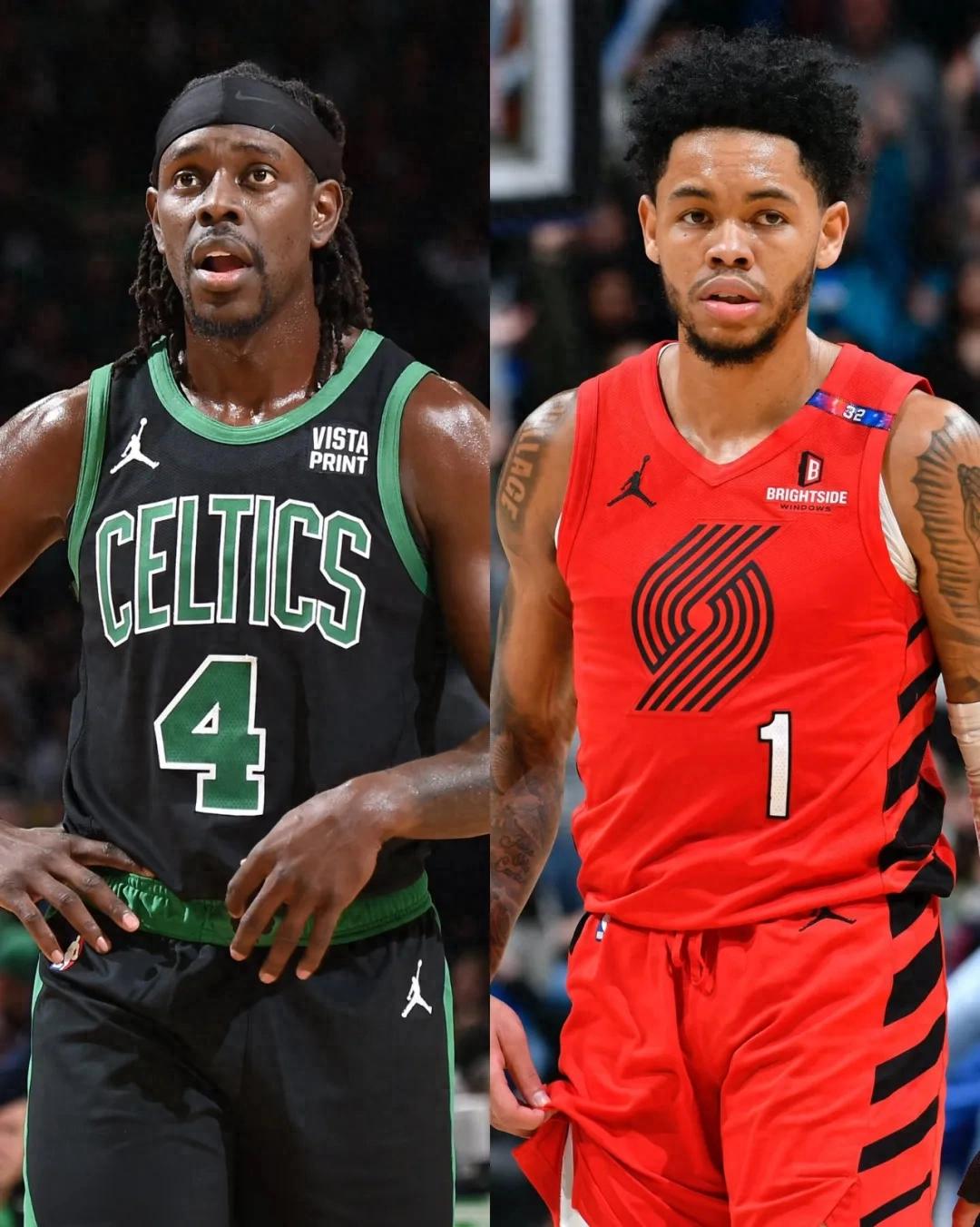
In the early hours of today, the Celtics also completed the trade for Porzingis, which was a three-team deal.
The Hawks received Porzingis along with a second-round pick.
The Nets acquired Mann and the 22nd overall pick in the 2025 draft from the Hawks.
The Celtics received Georges Niang and a second-round pick.
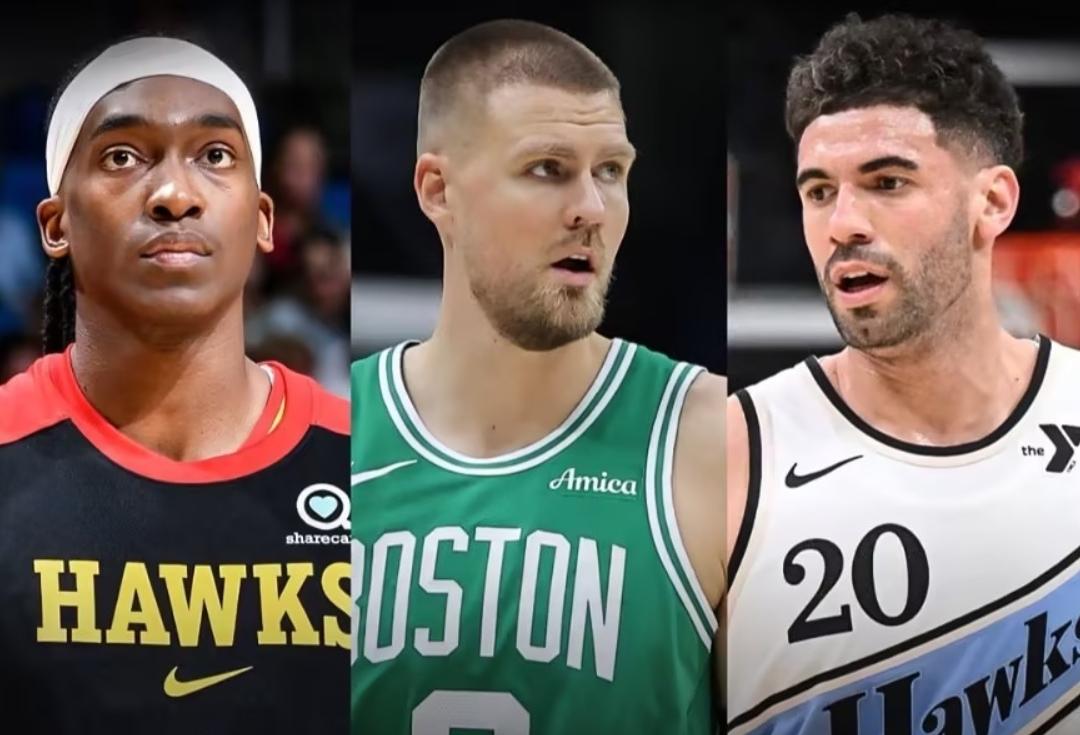
First, regarding the Holiday trade, everyone's initial reaction was, what are the Trail Blazers thinking? It makes sense that they let go of Simons, considering they still need to develop Henderson and Sharpe. With Simons entering a contract year next season, the Trail Blazers clearly did not want to offer him a bigger contract.
However, the Trail Blazers then traded for Holiday, who has a substantial contract remaining for three years, with his salary reaching $37.2 million in the final year when he turns 38. His contract was supposed to be the biggest headache for the Celtics, but unexpectedly, the Trail Blazers jumped at the chance to acquire him, even offering two second-round picks.
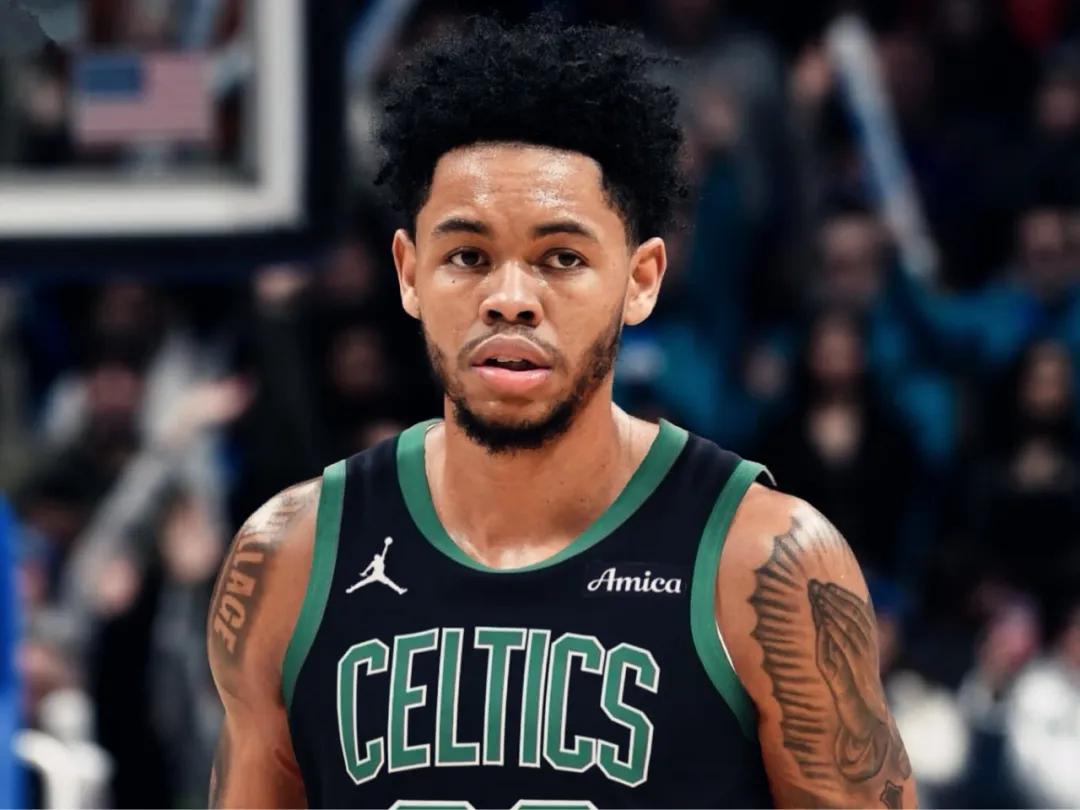
What was imagined as a negative asset turned into a positive one under Stevens, acquiring a guard with a career three-point shooting percentage of 38%, alleviating the Celtics' ball-handling pressure for the upcoming season—truly remarkable.
The Trail Blazers likely sought Holiday to achieve results and mentor young players, but subsequent reports indicated that Holiday was very unhappy about being sent to Portland, as it was clearly not his desired destination. The Trail Blazers not only took on his hefty contract but also had to manage his feelings.
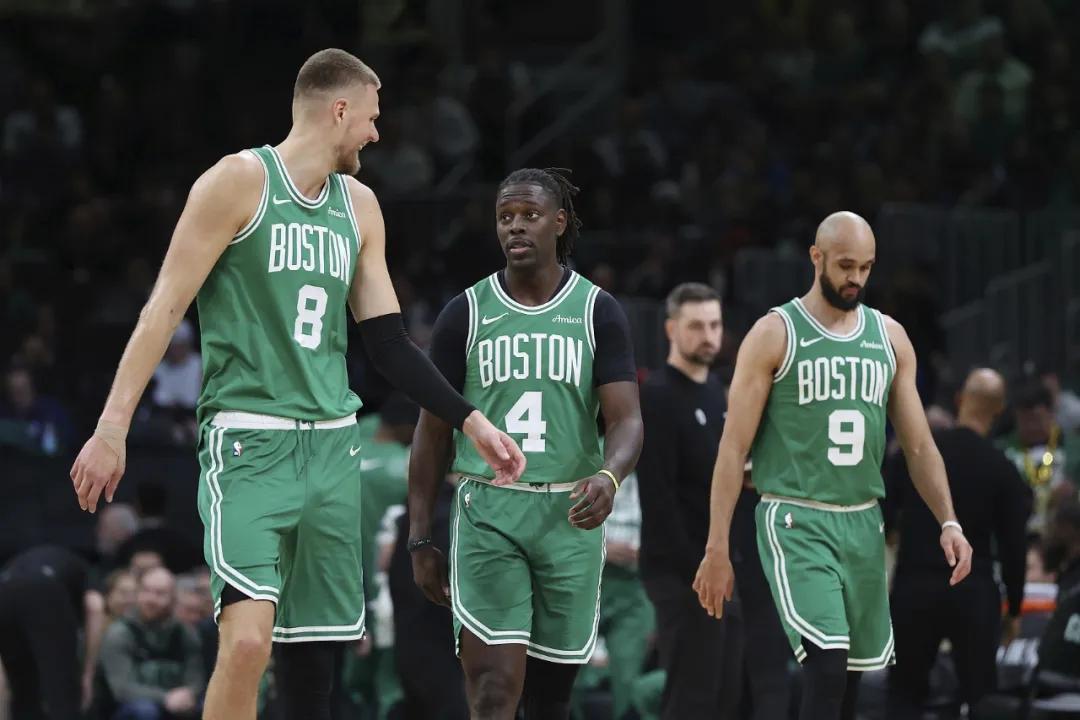
Of course, if the Trail Blazers later manage to trade Holiday's three-year contract for at least a first-round pick from another team, I wouldn't label this trade as foolish. However, as it stands, it seems the Trail Blazers were more like victims of a clever maneuver by the Celtics.
In contrast to Holiday, Porzingis has only one year left on his $30 million expiring contract, making it much easier to handle. Stevens once again showcased his skillful operations, managing to acquire a first-round pick even while trading a damaged version of Porzingis.
Breaking down the three-team trade, the Celtics first sent Porzingis and a second-round pick to the Hawks in exchange for Niang, Mann, another second-round pick, and this year's 22nd pick from the Hawks. Then, the Celtics sent Mann to the Nets, who utilized their cap space to absorb Mann's remaining three-year, $47 million contract, receiving the Hawks' 22nd pick as compensation.
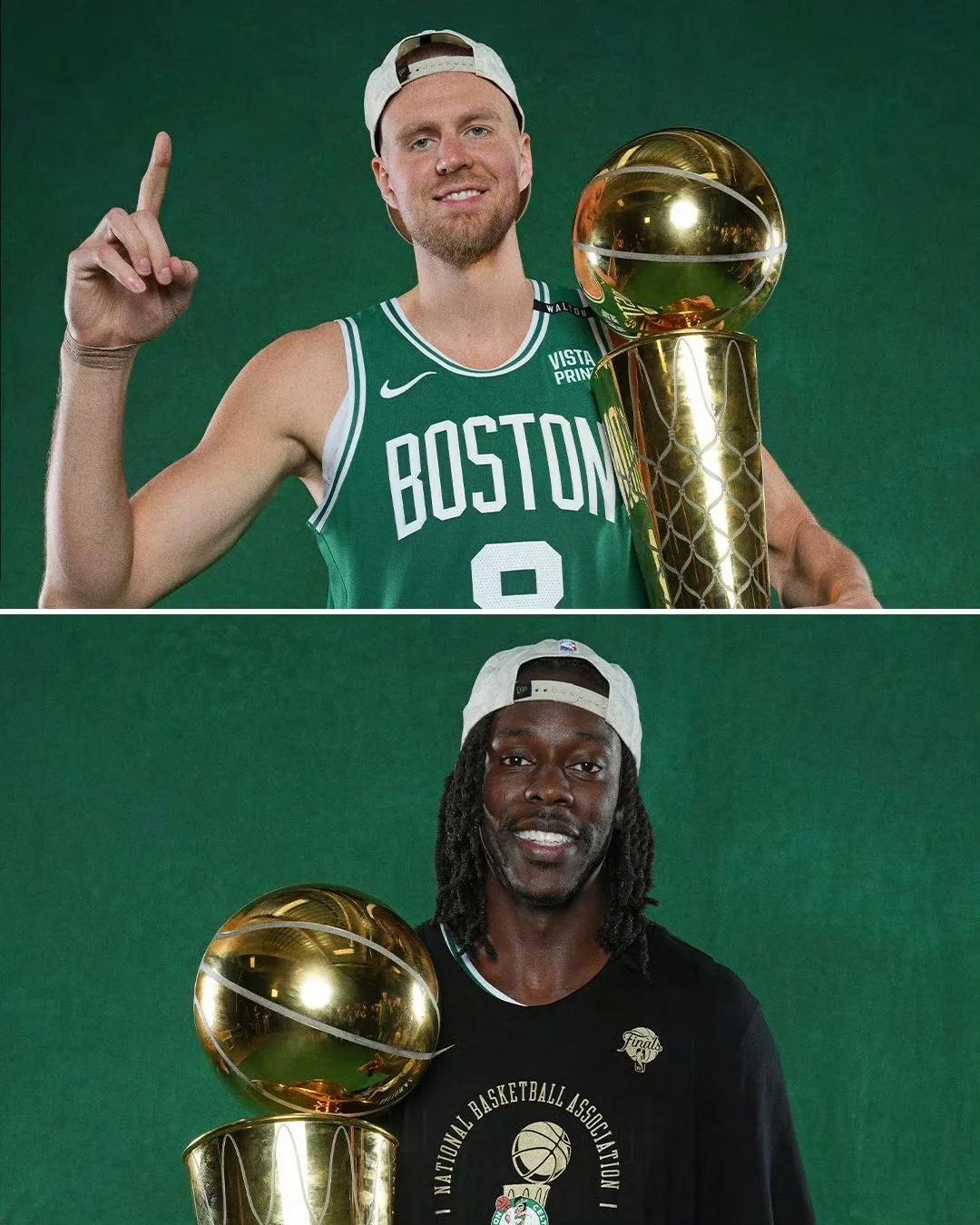
For the Hawks, both Niang and Mann arrived at the team only at the trade deadline this season, and moving them together indicates the management's disapproval of previous decisions. Porzingis's expiring contract benefits the team's operations, and he is not merely a bad contract—if healthy, he remains the Hawks' clear starting center.
For the Nets, with the addition of the 22nd pick, they now have five first-round picks for this year's draft. It's well-known that they are aiming to trade up to acquire Bailey; the question is which team will facilitate that for the Nets. Currently, the Nets hold the 26th and 27th picks, and one of those picks could potentially turn into Yang Han-sun.
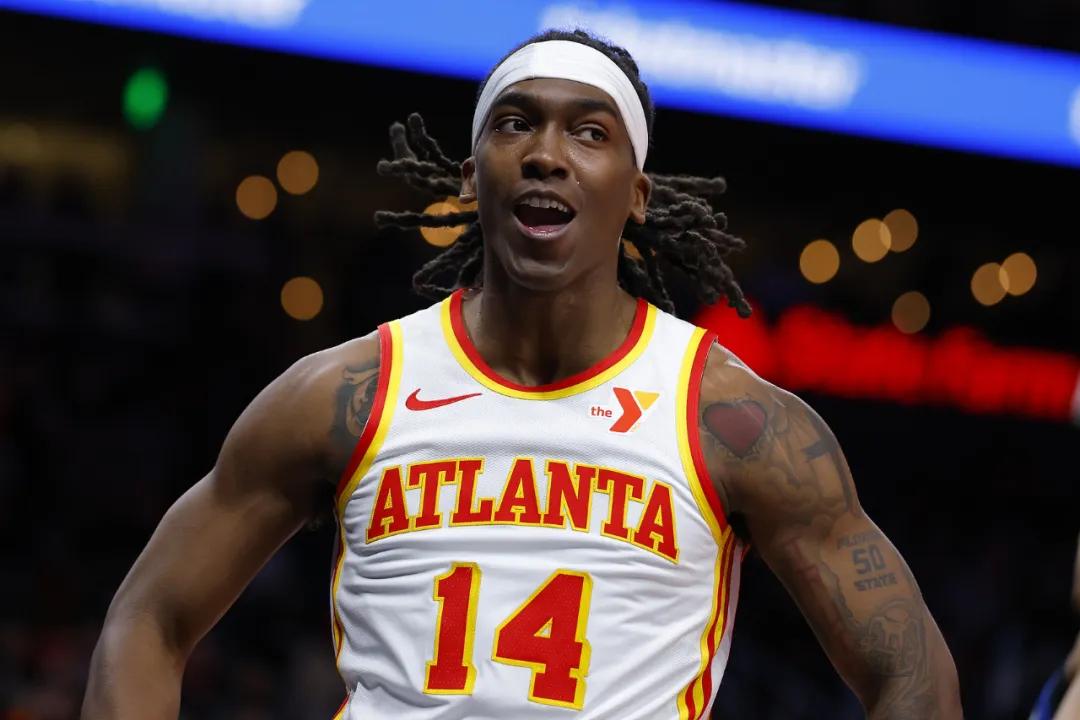
Meanwhile, the Celtics have once again managed to avoid the luxury tax, effectively replacing the $30.73 million Porzingis with the $8.2 million Niang, instantly lowering their payroll below the second luxury tax threshold. By trading away Porzingis and Holiday, the Celtics saved $200 million in luxury tax, and they didn't even have to part with a first-round pick.
They could have given up additional assets to offload Niang's contract, but they probably prefer to wait and see; Niang's three-point shooting fits well within the Celtics' system and could serve as a potential alternative to trade Hauser.
Given Stevens's capabilities, moving Hauser's four-year, $45 million contract as a positive asset shouldn't be too difficult. The Celtics could even lower their payroll entirely below the luxury tax line, accomplishing the task of avoiding the tax for a year.
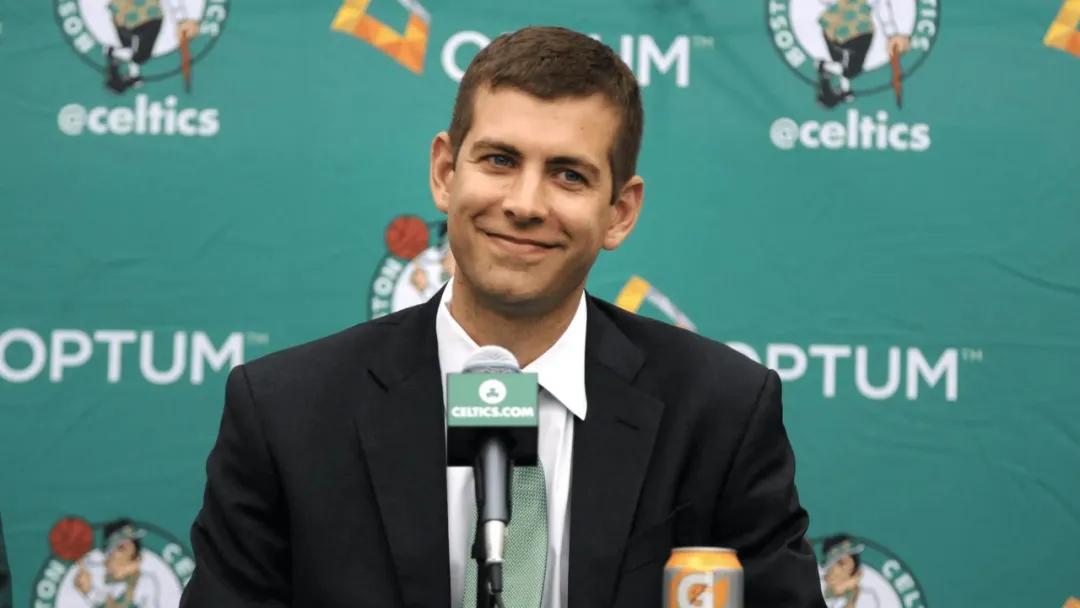
It is now reported that Brown has attracted significant interest from multiple teams, and aside from the injured Tatum, any player on the Celtics' roster could be traded. Of course, acquiring Brown would require a hefty price; trying to take advantage of Stevens is simply not an option.
From his initial role as a young coach to his current position as the team's manager, Stevens has consistently been the Celtics' strongest figure, undeniably the core of the team. He swiftly completed the tax avoidance maneuver, providing the new owner with an explanation, and without sacrificing much, he also gave the fans a reason to be satisfied.
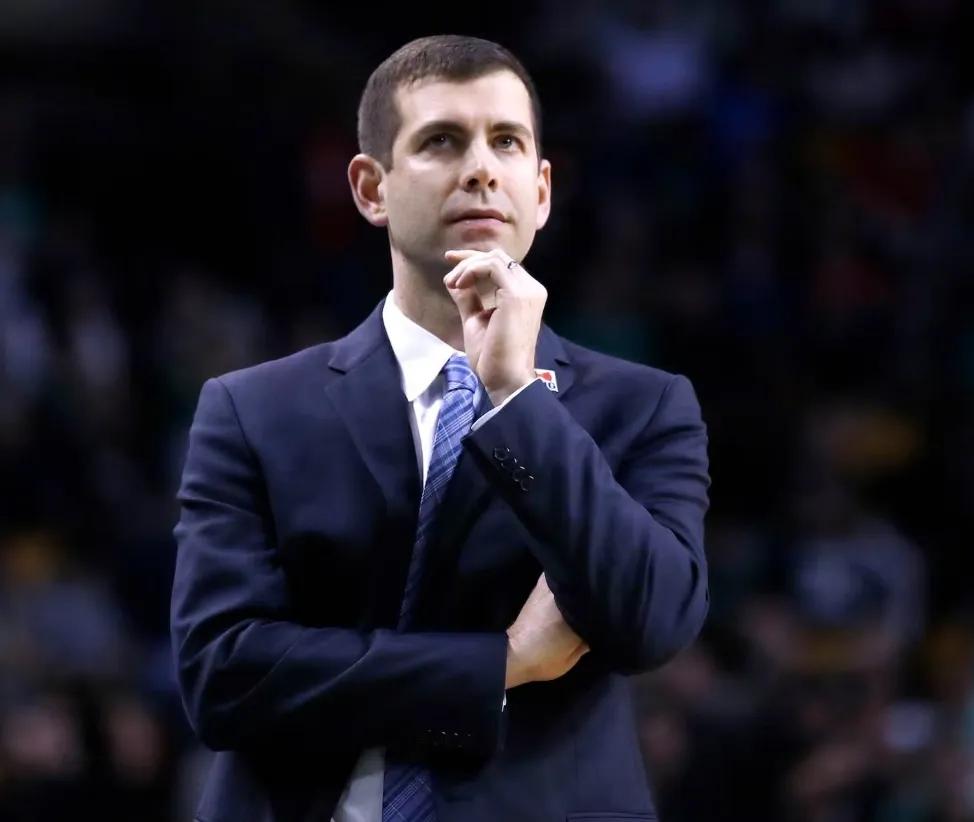
Both Holiday and Porzingis are absolute key contributors to the championship run and have both earned substantial contracts with the Celtics. However, as the Celtics prepare to rebuild, they are naturally the first players to be traded. If we speak purely in business terms, the Celtics couldn't have done better.
This team can afford to lose anyone, as long as Stevens remains, the Celtics will continue to stand strong.


Wonderfulshortvideo
Even Liam McNeeley had a hard time getting time to ask Cooper Flagg a question! 😅


Alex Caruso with the ice 😮💨🏆


The moment @StrictlyBBall knew VJ Edgecombe was special! 🤯 @NBA Future Starts Now


Shai getting hype at the parade, and so are the fans 🏆🙌


All love for the Duke Brotherhood 💙


The crowd getting hype for SGA 🔥👏🔥


“I’m so excited, I can’t wait to get on that bus” - Alex Caruso on his first parade 🎉



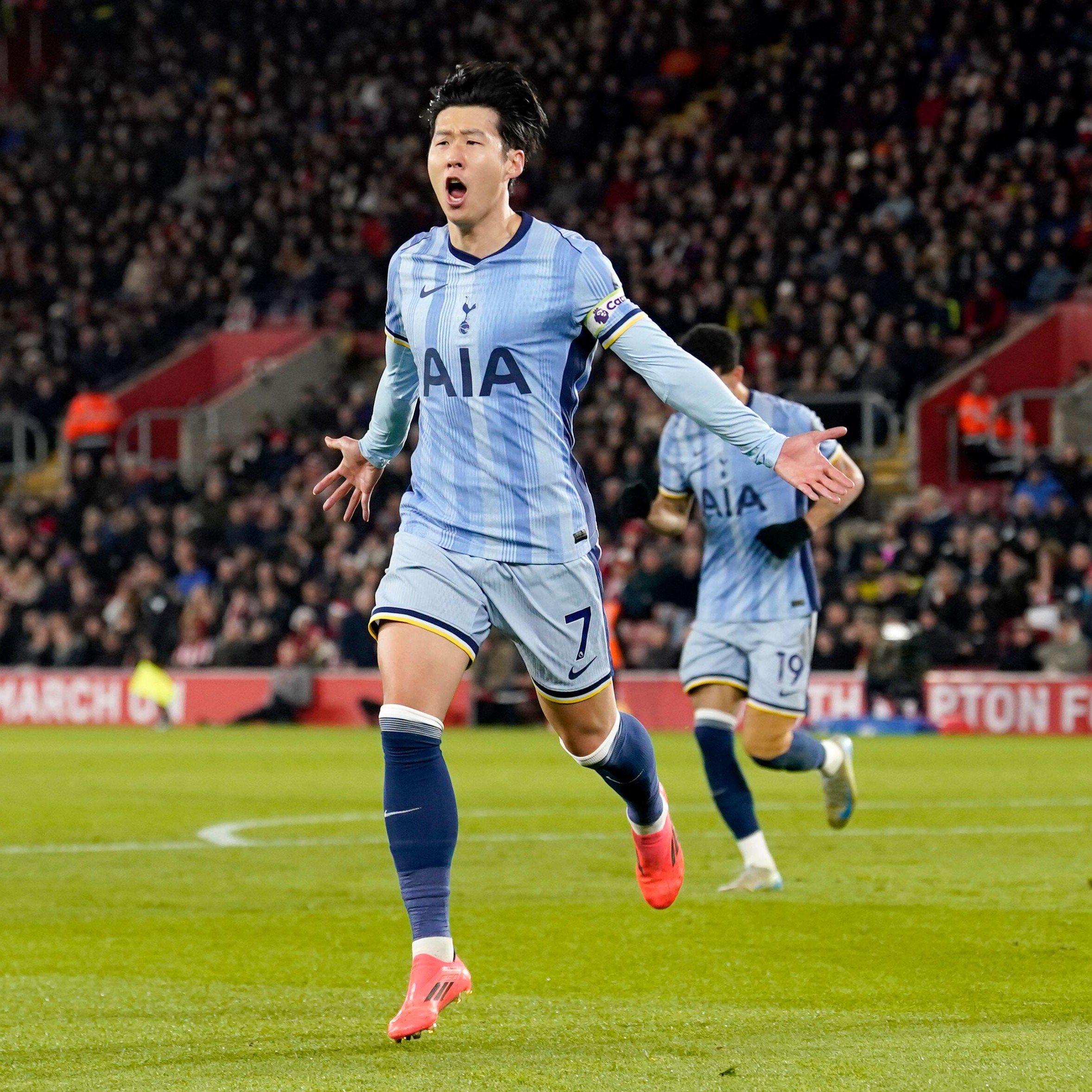


 Links
Links
 Contact
Contact
 App
App


